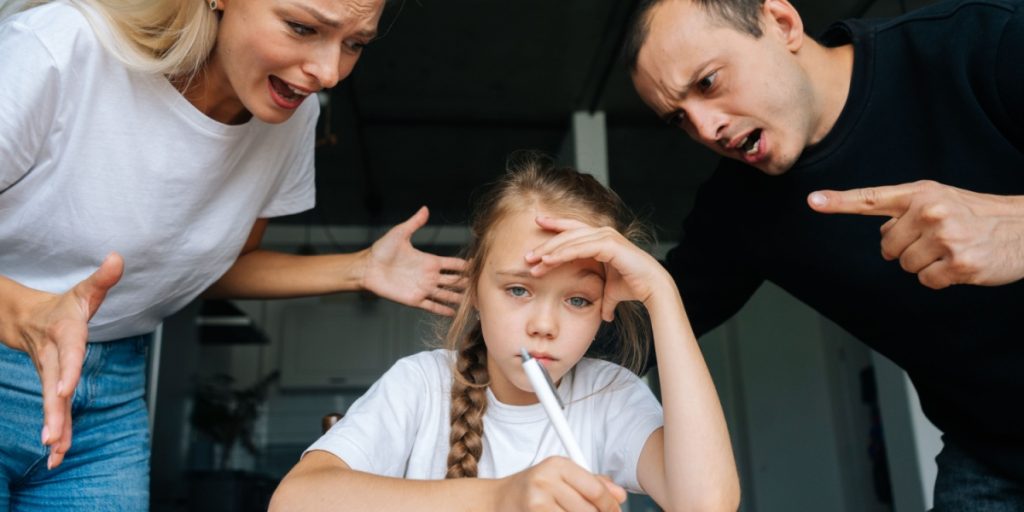A new study highlights a worrying trend: children inheriting their parents’ paranoid behaviors. How does parental anxiety directly influence the next generation?
Others are reading now
Children are astute observers who often mimic their parents’ behaviors, which has prompted researchers to highlight a significant issue.
Paranoia is a mental condition marked by excessive suspicion. This often leads to “safety behaviors” where individuals take unnecessary steps to avoid perceived threats. For example, paranoid parents might overprotect their children due to unfounded fears.
This overprotection can negatively affect a child’s mental growth.
A comprehensive study has found that children are likely to inherit paranoid behaviors from their parents.
Also read
The Cycle of Paranoia
Children’s frontal lobes, responsible for assessing risk, are underdeveloped until about age 10. However, they are highly perceptive of their parents’ emotions and actions.
Researchers from the University of Hamburg followed 142 families over five years, observing the extent to which children adopt their parents’ paranoid behaviors and safety practices.
Clinical interviews and observations at places like playgrounds showed that children of highly paranoid parents tend to develop similar thoughts and behave as though they are in constant danger.
“Our findings suggest that paranoia and associated safety behaviors tend to recur in families. Children demonstrating these safety behaviors usually have parents who do the same,” noted the researchers.
They warned that paranoid parents might prevent their children from developing the resilience needed to handle future challenges by shielding them from every potential danger.
This absence of resilience can make children more susceptible to paranoia and anxiety when confronted with difficult situations as they grow older.
The researchers advise parents to consider their behaviors to help their children build trust and avoid developing persistent paranoid and fear-driven behaviors. They also noted that while parental influence is significant, children’s social environments, such as schools, also play a role.
If paranoia causes daily distress for you or your child, seeking professional help is recommended.
Manifestations of Parental Paranoia
According to the study, parental paranoia can manifest in several ways:
-
Overprotection: Paranoid parents might constantly supervise their children’s activities to prevent harm, limiting their independence and ability to explore on their own at playgrounds.
-
Constant Worries: Such parents may be overly suspicious about their child’s interactions, frequently questioning them about their experiences, friends, and activities.
-
Extreme Reactions: They may react anxiously to minor risks, displaying panic or taking excessive measures to shield their child from everyday dangers.








